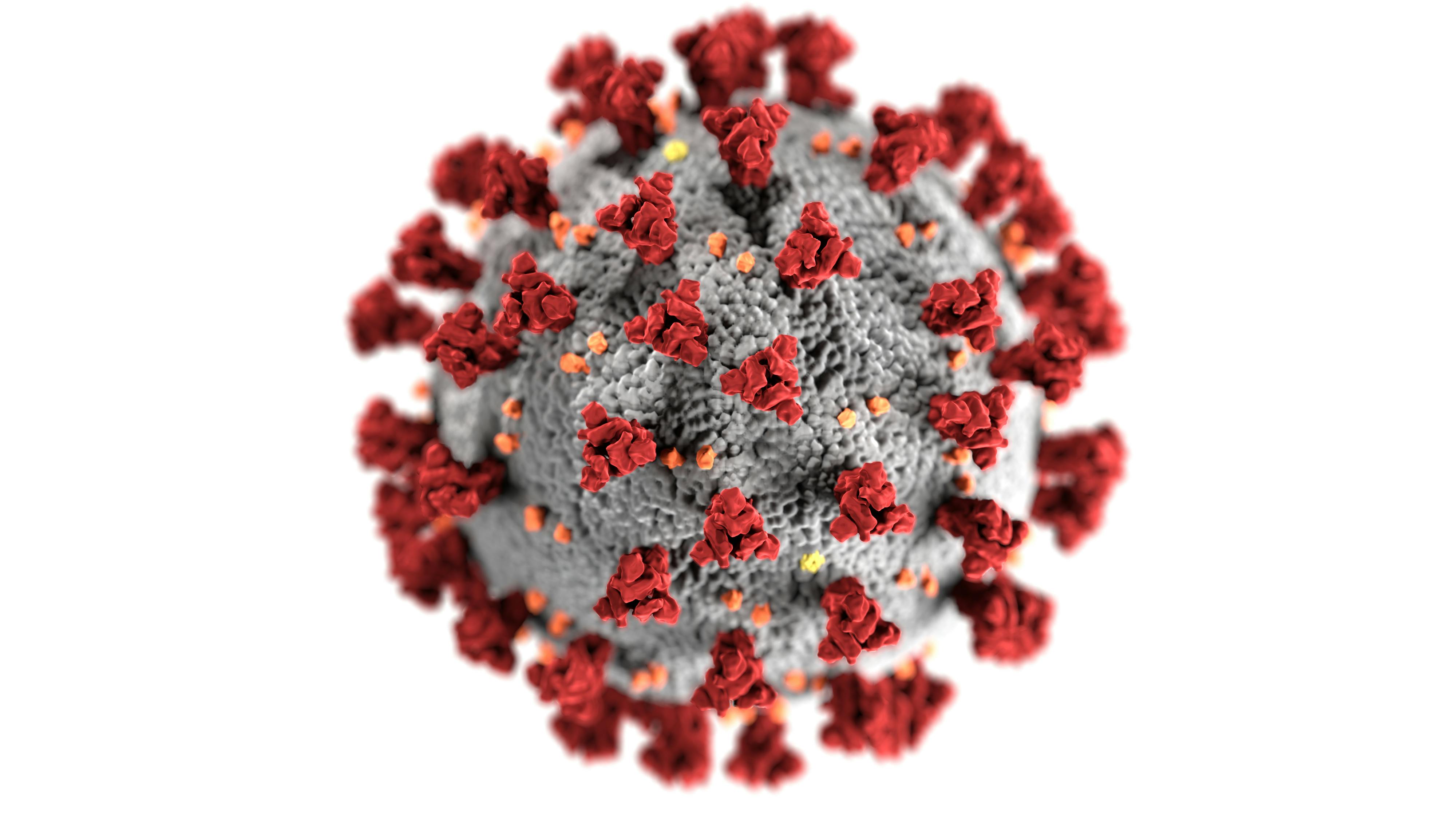The Symptoms of CCOVID-19 in 2024
Overview
As the world continues its battle against the COVID-19 pandemic, staying informed about the symptoms of the virus remains crucial. In 2024, despite significant strides in vaccination efforts and medical advancements, it’s essential to recognize that the virus may still pose a threat. Understanding the COVID-19 symptoms 2024 can help individuals and communities take appropriate measures to prevent its spread and seek timely medical attention. Let’s delve into the symptoms that may indicate a COVID-19 infection in 2024.
1. Respiratory Symptoms:
Persistent Cough:
A dry cough that lingers for an extended period may be a sign of COVID-19. It may start mild but can worsen over time COVID-19 symptoms 2024.
Shortness of Breath:
Difficulty in breathing, especially during physical exertion or while lying down, could indicate a more severe respiratory infection, including COVID-19.
2. Fever and Chills:
Fever:
A body temperature above 100.4°F (38°C) is a common symptom of COVID-19. However, it’s important to note that not everyone with COVID-19 symptoms 2024 will have a fever, and some may have a low-grade fever that is easily overlooked.
Chills:
Shivering or feeling cold despite a normal room temperature might accompany fever and indicate a viral infection.

3. Fatigue and Body Aches:
Fatigue:
Profound exhaustion and a feeling of being unusually tired, even after adequate rest, can be indicative of COVID-19.
Body Aches:
Muscle aches and joint pain, similar to those experienced with the flu, may occur with COVID-19 infections.
4. Loss of Taste or Smell:
Anosmia (Loss of Smell):
A sudden loss of the ability to smell, or a reduced sense of smell, without any other nasal congestion, could be a symptom of COVID-19.
Ageusia (Loss of Taste):
A sudden loss of taste or changes in the perception of taste, particularly an inability to taste sweet, sour, bitter, or salty flavors, may accompany anosmia and indicate a COVID-19 symptoms 2024.

5. Gastrointestinal Symptoms:
Nausea and Vomiting:
Some individuals infected with COVID-19 may experience gastrointestinal symptoms like nausea and vomiting, especially in the absence of other common symptoms.
Diarrhea:
Loose stools or increased frequency of bowel movements may occur, particularly in conjunction with other COVID-19 symptoms 2024.
6. Headache and Sore Throat:
Headache:
Persistent headaches, particularly those not relieved by over-the-counter medications, may be a symptom of COVID-19.
Sore Throat:
Soreness, scratchiness, or irritation in the throat, accompanied by difficulty swallowing, might indicate a viral infection, including COVID-19.

7. Skin Rashes or Discoloration:
Rashes:
Unexplained rashes or skin discoloration, especially those that do not respond to conventional treatments or antihistamines, may be a lesser-known COVID-19 symptoms 2024.
8. Conjunctivitis (Pink Eye):
Eye Discharge:
Redness, irritation, and discharge from the eyes, often accompanied by itching or discomfort, may indicate conjunctivitis, which has been associated with COVID-19 infections.
While these symptoms, including covid 2024 symptoms, can occur individually, in combination, or vary in severity, it’s important to remember that not everyone infected with COVID-19 or coronavirus cases will experience all of these symptoms, and some individuals may remain asymptomatic carriers. Additionally, symptoms may manifest differently depending on age, underlying health conditions, and the presence of virus variants.
If you experience any of these symptoms, suspect you may have been exposed to COVID-19 symptoms 2024, new COVID variant symptoms, or COVID symptoms September 2023, it’s crucial to seek medical advice promptly. Testing, isolation, and vaccination remain vital tools in controlling the spread of the virus and protecting both individual and public health.
In conclusion, staying vigilant and informed about the COVID-19 symptoms 2024 is key to combatting the ongoing pandemic in 2024. By recognizing the signs of infection early and taking appropriate precautions, we can work together to mitigate the impact of the virus and move closer to a healthier, safer future.
Frequently Asked Questions (FAQs) About COVID-19 Symptoms 2024
1. What are the common symptoms of COVID-19 in 2024?
Common symptoms of COVID-19 in 2024 include fever, persistent dry cough, shortness of breath, fatigue, body aches, loss of taste or smell, headache, sore throat, gastrointestinal symptoms like nausea and diarrhea, skin rashes or discoloration, and conjunctivitis (pink eye). Amidst ongoing efforts and the introduction of new vaccines, recognizing these symptoms is crucial in combating the COVID-19 pandemic.
2. Are the symptoms of COVID-19 different in 2024 compared to previous years?
While the core symptoms of COVID-19 remain largely consistent, variations and updates may occur as new research emerges and virus variants evolve. It’s important to stay updated on current guidelines and information from reputable health sources.
3. Can I have COVID-19 if I only have one symptom?
Yes, it’s possible to have COVID-19 even if you experience only one symptom. Some individuals may be asymptomatic carriers, while others may present with mild symptoms that resemble a common cold or flu. Testing and medical evaluation are essential for accurate diagnosis and appropriate management.
4. How soon do COVID-19 symptoms 2024 appear after exposure?
COVID-19 symptoms can appear 2 to 14 days after exposure to the virus, with the average incubation period being around 5 to 7 days. However, some individuals, including those in NYC COVID hotspots, may remain asymptomatic carriers or may experience symptoms outside of this typical timeframe.
5. What should I do if I experience symptoms of COVID-19 in 2024?
If you experience symptoms of COVID-19, it’s important to:
-
- Get tested for COVID-19 as soon as possible.
- Self-isolate to prevent the potential spread of the virus to others.
- Seek medical advice and follow the guidance of healthcare professionals regarding treatment and further steps, including vaccination if not already vaccinated.
6. Are there specific symptoms that indicate a severe or critical case of COVID-19?
Severe or critical cases of COVID-19 may involve symptoms such as severe difficulty breathing, persistent chest pain or pressure, confusion, bluish lips or face, and an inability to stay awake or conscious. If you or someone you know experiences these symptoms, seek emergency medical attention immediately.
7. Can I differentiate between COVID-19 and other respiratory illnesses based on symptoms alone?
While some COVID-19 symptoms 2024 may overlap with those of other respiratory illnesses such as the flu or the common cold, certain symptoms like loss of taste or smell are more specific to COVID-19. However, accurate diagnosis requires testing and medical evaluation by a healthcare professional.
8. Is vaccination still important if I’ve already had COVID-19 in 2024?
Yes, vaccination remains important even if you’ve had COVID-19 in the past. Vaccination helps boost immunity and provides additional protection against reinfection and severe illness, including from new variants of the virus. For more information see our home page.







